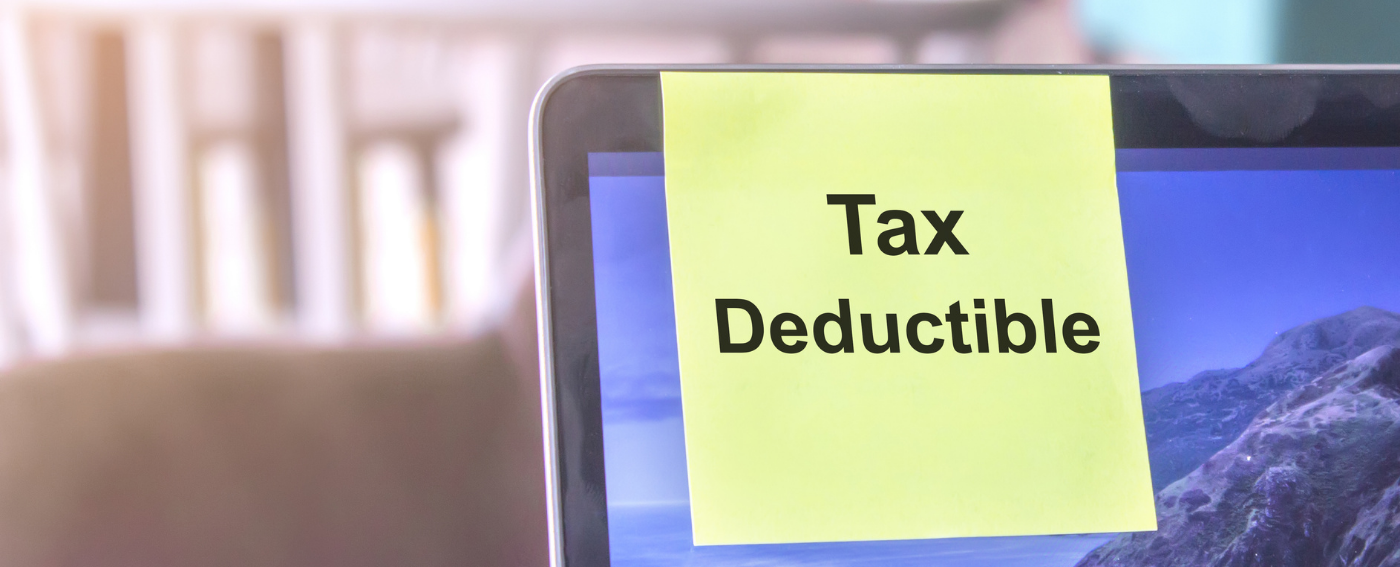In addition to Michigan First Home Down Payment Assistance (MSHDA), there's the FTBA incentive
What is the First Time Homebuyer's Saving Program?
Specifically, to save money tax-free for their first home purchase Michigan residents are eligible to open a savings account, or designate an existing savings account, for this purpose. This program became effective in January 2022 following the passing of House Bill 4290 and Senate Bill 145. The Michigan First-Time Home Buyer Savings Account, as it's called, can be opened or contributed to by parents, guardians, or grandparents, and assigned to a qualified beneficiary. It closely follows the Educations Savings Plan, which is a tax-incentivized program allows for the tax-free saving of funds for education-related expenses. Similarly, there are eligibility requirements for this program; which are:
- Be a Michigan resident.
- Not have purchased or owned a home in the last three years.
- Use the funds for any fees associated with the home purchase.
- Wait a year, from opening or designating, to tap into the account to use funds.

How does it work?
To get started, a Michigan resident must open a new savings account with a bank or investment firm, or designate an active account.
No matter the account, account holders must declare the account’s purpose on the current year’s state income tax returns. *This activates a deduction in state income tax collection for the value of the account (at the time of writing, proper forms have yet to be distributed— talk to a tax professional for more information).
Limits to the maximum deductions and contributions on the Michigan FHSAs should be noted. For single filers, there is a $5,000 deduction, while joint filers can deduct a maximum deduction of $10,000. The maximum contribution for this program is $50,000.
Contributions, accrued interest, and qualified withdrawals are all exempt from Michigan’s state income tax if the funds are used for a buyer’s first purchase—specifically a single-family home (including manufactured homes, condos, or co-ops). Bear in mind, no less than one year from opening/designating the account for this purpose can it be used. So, if you're buying today this will not benefit you. However, if you're in the throws of planning a wedding or caught up in many-months long lease, this might be an answer for you (especially if family wants to help with these costs at your reception - think about setting up gifting this way instead). At any rate, keep this in mind if you're planning to buy down the line a year or more because these funds can be used toward a down payment, closing costs, and other associated fees. Mortgage interest rates may adjust in that time, that's probable, but at least you could have this advantage by waiting and participating.
A person may open multiple Michigan FHSAs; account holders can change the beneficiary at any time but cannot name the same beneficiary on multiple accounts. However, an individual may be named the beneficiary on multiple accounts if each account is owned by a separate person. So, it's totally fine if Grandma and Grandpa want to set aside funds for multiple grandchildren for this purpose.
Following the home purchase, account holders must submit a form with their state income taxes, stating how the funds were used in their home purchase. The bank or credit union that holds the account will issue the account owner a Form 1099 for the tax year which the deduction is claimed. An early withdrawal penalty of 10% may be applied to any amounts withdrawn by the account holder or beneficiary not used for a home purchase.

Where to begin?
To open a Michigan First-Time Homebuyer's Savings Account (FTBA), begin with a visit to a Michigan bank or credit union or talk to a financial advisor (we can recommend, just reach out). To designate a current account, you will need to declare the account on your current year’s tax returns (i.e. if you designate an account in 2022, you must declare the account on your 2022 tax return in 2023). The State of Michigan has not publicly released the tax paperwork at the time of this writing, but is expected to release them in time for the 2022 tax filing.
Limited Time Only
The tax-exempt savings account benefits will last from 2022 through 2026. While contributions and deductions can be claimed for tax years 2022-2026, interest deductions may be claimed for tax years after 2026.
Have questions on either FTBA or MSHDA incentives? Please reach out @ 616-328-6990, or email: movehappily@wmihometeam.com




